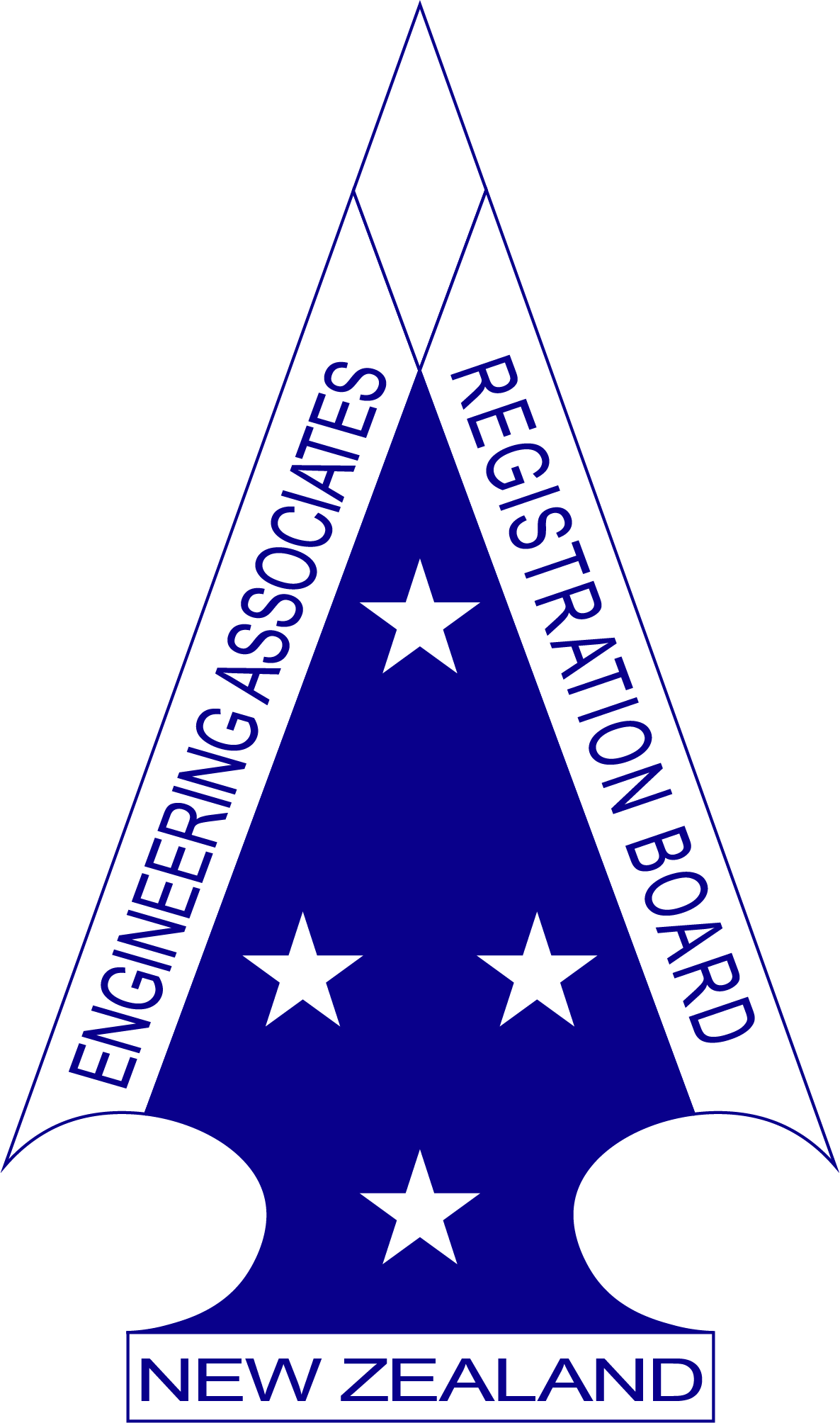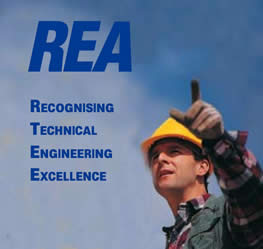What is a Registered Engineering Associate (REA)?
An REA is an experienced senior engineering technician / technologist who has been registered with an internationally recognised credential.

Qualified, Registered, and Accountable Technology Professionals

An REA is an experienced senior engineering technician / technologist who has been registered with an internationally recognised credential.

The REA credential provides considerable value to the public, employers, the economy and the recipients.

The Engineering Associates Act was passed by the New Zealand Parliament in 1961 becoming effective from 1 April 1962.
Please follow the guidance and use the application form provided.
List last updated 30 June 2025
The List of REAs is updated at approximately 3 monthly intervals. Those initially registered
or restored to the register after the date shown will not appear on the list until the next
update.
The results list shows current REAs.
An REA who also holds REAcap is listed with a REAcap number and an expiry date.
To obtain further Register information, please contact the Registrar,
email: registrar@engineering-associates.org.nz
or phone +64 4 472 3324
Search using
REAcap is a voluntary Continuing Professional Development (CPD) program for REAs, but there are upcoming changes to make CPD mandatory as part of a new regulatory regime projected by the Ministry of Business, Innovation and Employment (MBIE). Although the timeline for this new regime is uncertain, it could begin as early as 2026. Current REAs are advised to apply for REAcap before these changes take effect, as those who do may be "grand parented" into the new system and could avoid the initial mandatory CPD requirements.
Candidates submit their education record and experience to the EARB which assesses whether candidates are sufficiently competent to be registered as an REA under the Act.
REAs need to maintain their technical competence and are up-to-date to assure the public and the industries in which they work.
The recognition of current competency has become an essential element of contemporary occupational registration systems. Regular re-assessment of an individual’s competency is necessary to assure the public that a particular REA has remained up-to-date and technically competent. The Board has a voluntary scheme to provide that ongoing assurance of competency for REAs. There is not yet a legal basis for this in the Engineering Associates Act; hence the voluntary element to this scheme.
REAcap (pronounced recap, ie REA competency assessed practitioner)
EARB operates a voluntary scheme to all REAs, on a four-yearly cycle.
The REAcap scheme checks an REA's knowledge, academic qualifications, engineering experience and reviews the REA's responsibilities. This way, it re-validates competence and also confirms that an REA is operating within the Code of Ethics After validation, EARB issues the REA with a Certificate of current competence.
For the Period from 1 April 2021 to 31 March 2022
For the Period from 1 April 2020 to 31 March 2021
For the Period from 1 April 2019 to 31 March 2020
For the Period from 1 April 2018 to 31 March 2019
 REA is awarded
under the Engineering Associates Act. The Act requires REAs to have demonstrated a
superior standard of engineering competence in the branch of engineering in which they are
experienced.
REA is awarded
under the Engineering Associates Act. The Act requires REAs to have demonstrated a
superior standard of engineering competence in the branch of engineering in which they are
experienced.
Registered Engineering Associates are highly valued within the engineering workforce. There
are
many thousands of REAs working in management and technical engineering supervisory roles
within
the New Zealand economy. Many of these technical engineers are involved in the export of
products
and services that are essential for the maintenance of New Zealand’s competitive advantage.
The next Board meeting(s) are scheduled for Thursday 1 May 2025 and Thursday 19 June (tentative).
Completed applications must be received one month in advance to be considered.
Board meetings are held at approximately 3 monthly intervals.
In July 2023, Immigration New Zealand included REA as a recognised qualification in a revised skilled migrant category in Amendment Circular 19. The new category was introduced in November 2023 with REA qualifying for the full quota of 6 Skilled Migrant Points. Additional points can also be claimed for skilled work experience in New Zealand.
Filling engineering technician vacancies with migrants is an astute way to recruit staff especially where there are specialist skills shortages. Please bring this to the attention of your employer if you are in a management role or in a position of influence.
The Ministry of Business, Innovation and Employment published Cabinet’s decisions on the proposed occupational regulatory regime for engineers on 31 March 2022. The Cabinet paper contains several references to REAs. A summary report, links to the Cabinet paper, MBIE’s announcement and further information on the Engineering NZ website are available here.
The NZ Qualifications Authority process for the recognition of international qualifications is listed in the Other Links section.
Ohu Ahumahi Workforce Development Councils were established in 2022. They work with the 16 Institutes of Technology and Polytechnics and 9 Industry Training Organisations that constitute Te Pukenga NZ Institute of Skills and Technology. WDCs cover a broad number of sectors and industries. Several WDCs cover engineering with the principals being Hanga-Aro-Rau Manufacturing, Engineering and Logistics WDC, Waihanga Ara Rau Construction & Infrastructure WDC and Toi Mai which is the WDC covering the creative, recreation and technology sectors. Refer “Useful Links” section.
The REA Information & Guidelines for Applicants pack has been revised and updated. It includes a sample of the new writable PDF application form. The application form (EARB Form 1) and work history form (EARB Form 1B) are available on the How to Apply page.
A list of academic qualifications accepted by the Board under Section 11(1)(b) of the Engineering Associates Act 1961 is now available on the How to Apply – Application Process page.